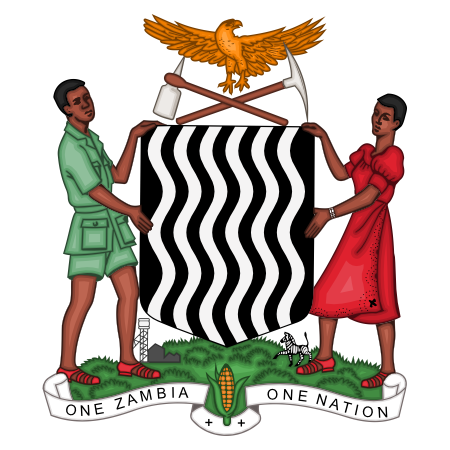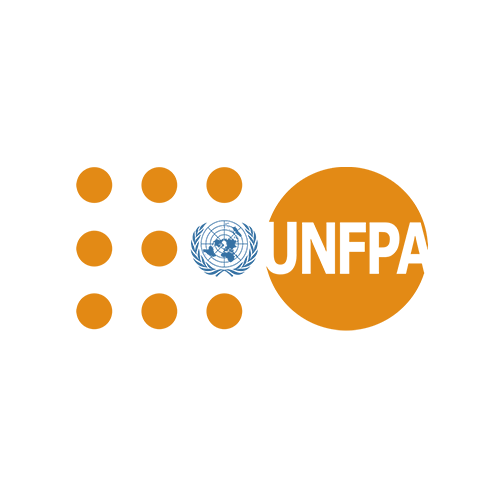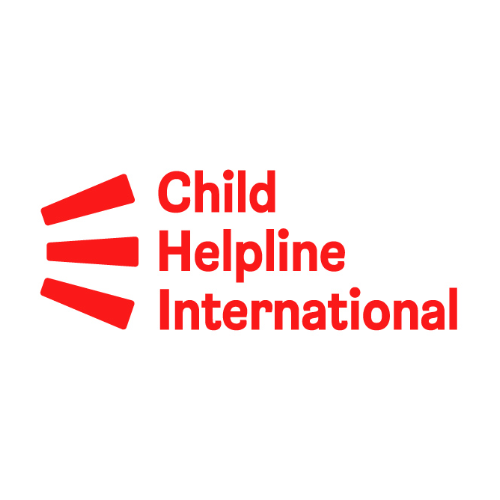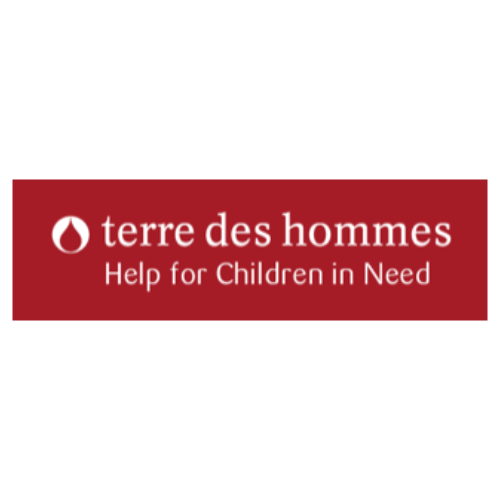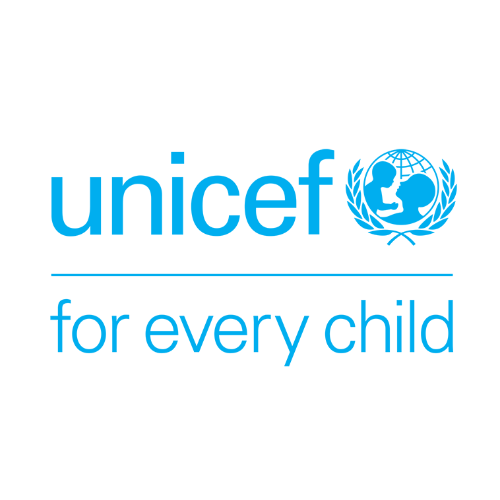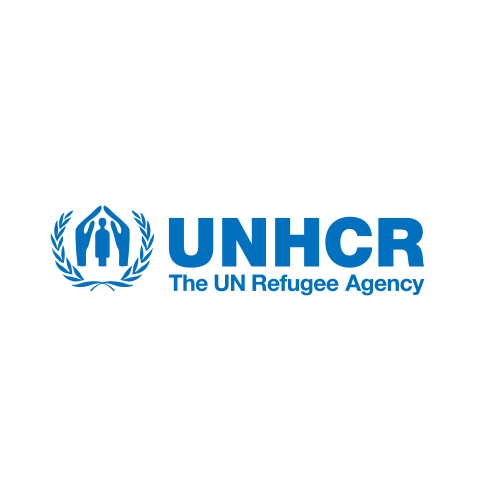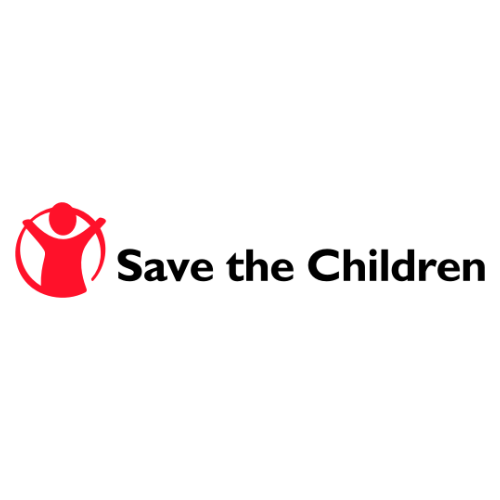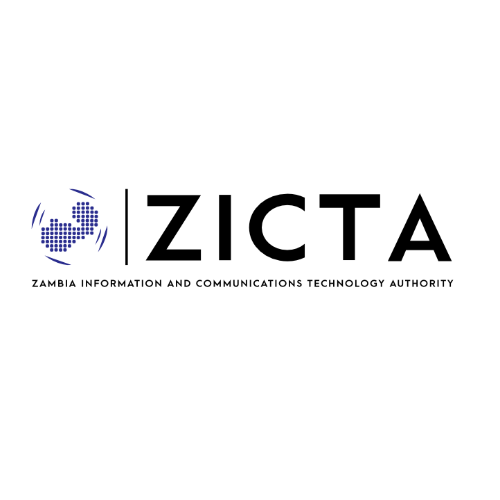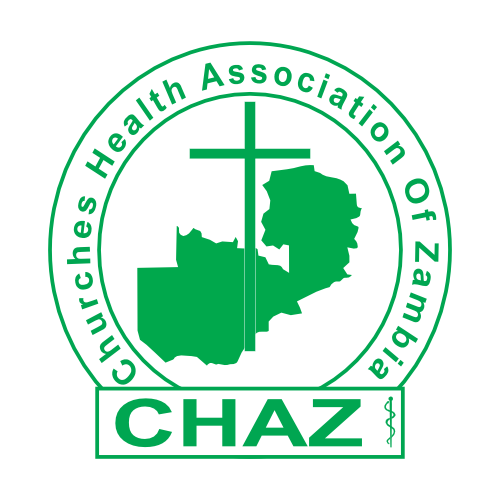HIV/AIDS (Human Immunodeficiency Virus) and Sexually Transmitted Infections
When people start thinking about having sex or get involved in a sexual relationship it’s normal to have lots of questions about what is safe sex, HIV, Sexually Transmitted Infections known as STIs and pregnancy – what you hear can often be confusing and frightening and sometimes not everything is correct or true.
What is HIV and how can I get it?
HIV (human immunodeficiency virus) is a virus that attacks cells that help the body fight infection, making a person more likely to get other infections and diseases. The most common way that someone can get HIV is by having unprotected sex (anal, vaginal, or oral) with a person who has HIV or sharing drug needles or other drug equipment with someone who has HIV. If you’re worried about HIV you need to get help quickly and the best place to go is to your local health clinic where they have special safe spaces for teenagers and young adults. You can talk privately and confidentially with an HIV counselor who is specially trained to understand, not judge and is respectful and kind.
Signs and symptoms
Many of the early signs and symptoms of HIV feel like those when you have a bad cold or the flu.
They can include;
• Being tired all of the time.
• Swollen glands in your neck or groin.
• Fever that lasts for more than 10 days.
• Sweating at Night
• Weight loss even if you’re still eating the same
• Purplish spots on your skin that don’t go away
The only way you can know for sure if you have HIV is to get tested and the best option is usually to go your nearest health clinic where they have special safe spaces for teenagers and young adults. You can talk privately and confidentially to an HIV counselor who is specially trained to understand, not judge and is respectful and kind.
Condom use
Using a condom properly every time you have sex is the best way of stopping you getting HIV and preventing pregnancy. There are different condoms for men and women and not everyone knows how to use them correctly, which is very important. So if you’re not sure or need free condoms the best place to go is to your local health clinic where you can talk privately and confidentially to a youth counselor who is specially trained to understand, not judge and is respectful and kind.
Treatment and medicines
There is no actual cure but HIV is treated by taking a combination of medicines which help fight the virus at different stages.
It’s really important to get tested and get on the right medicine for you as soon as possible, because this will help keep you healthy and stop HIV from affecting how you feel day to day. The best place to go is to your local health clinic where they have special safe spaces for teenagers and young adults. You can talk privately and confidentially to an HIV counselor who is specially trained to understand, not judge and is respectful and kind.
Common myths and untruths about HIV
None of the below statements about HIV are true, despite what many people believe.
You can’t get HIV from having unprotected sex if the other person is HIV positive but taking medication -FALSEI
People with blood group O can’t get HIV – FALSE!
There’s a cure for HIV and AIDS – FALSE!
Everyone who has TB is HIV positive – FALSE
If you double up (use two condoms) you’re more protected- FALSE,
Men using two condoms or both the man and the woman each using their own condom actually makes the condoms a lot less effective and can put you at risk of HIV or pregnancy
Having sex with a virgin will reverse or prevent you from getting HIV – FALSE
You can get HIV from kissing or holding hands with someone who is HIV positive – FALSE
Sexually transmitted infections (STIs)
People can get STIs by having sex without using condoms and they can be scary and embarrassing, as well as painful. If something’s “not quite right” or “different” around your private parts, if it hurts when
you go to the toilet or if you’ve got itching, swelling or blisters “down there” the best place to go is to your local health clinic where you can talk privately and confidentially to a youth counselor or nurse who
is specially trained to understand, not judge and is respectful and kind.

